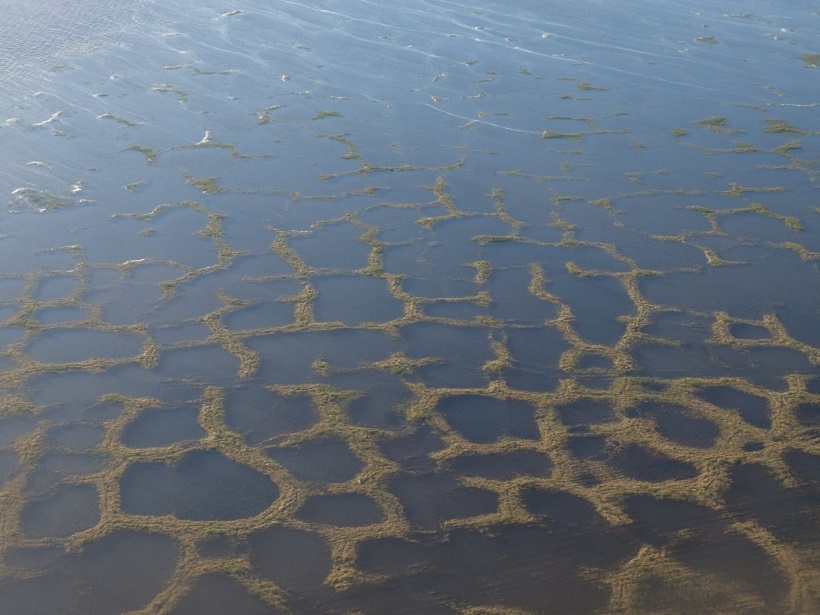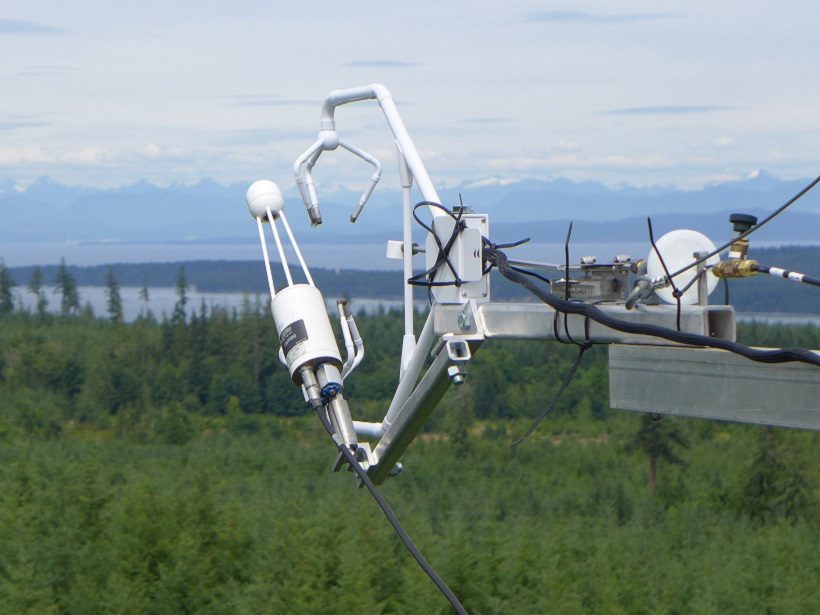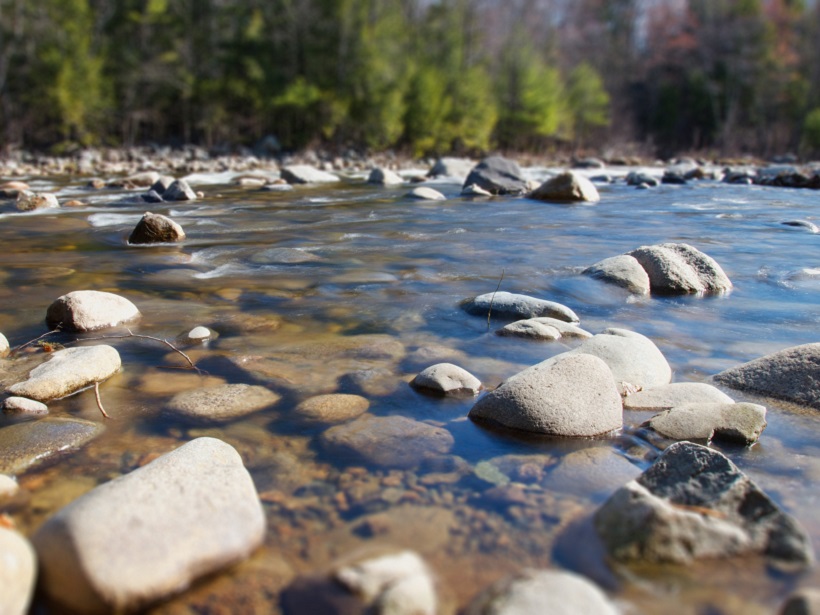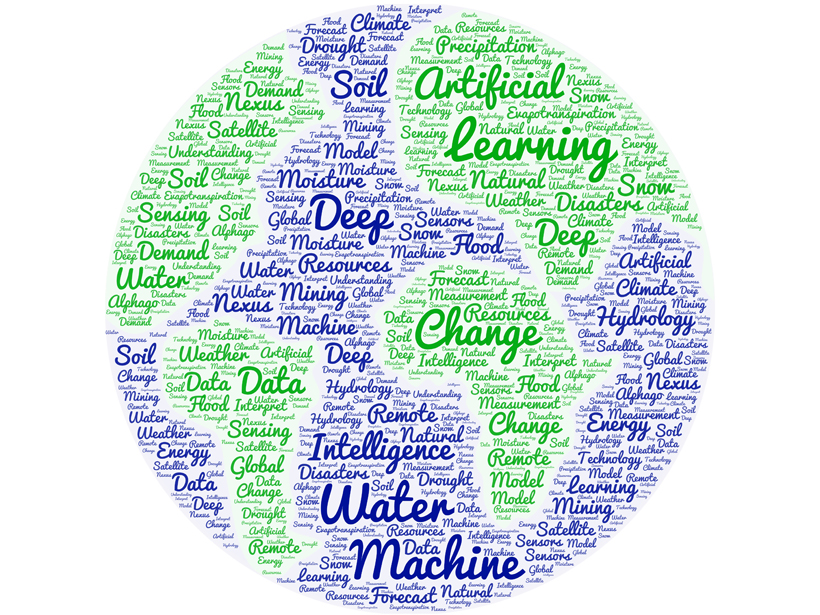Methane is generally considered secondary to carbon dioxide in its importance to climate change, but what role might methane play in the future if global temperatures continue to rise?
Editors’ Vox
Hurricanes and the Sea: It Takes Two to Tango
A new special issue of JGR: Oceans reveals the rich relationship between the ocean and tropical cyclones.
White House Seeks Input to Update Space Weather Strategy
Space weather can affect many technologies and infrastructures that society relies on. The White House seeks public input to inform the next steps to better prepare the Nation for this hazard.
It’s So UnFAIR!
A recent paper in JGR: Biogeosciences demonstrates that sharing data has positive benefits not just for the scientific community but also for the one doing the sharing.
On Integrating Sedimentology and Hydrogeology in Streambeds
A new modeling blueprint seeks to unify sedimentology, hydrology, and hydrogeology in the modeling of streambeds.
Deep Learning: A Next-Generation Big-Data Approach for Hydrology
What can Artificial Intelligence offer hydrologic research? Could deep learning one day become part of hydrology itself?
Diagnosing the Warm Bias in the Central United States
A set of four papers published in JGR: Atmospheres present results from a project investigating why models predict warmer surface temperatures than are observed in the central United States.
Societal Impacts Collection Continues to Grow
There have been further additions to the highly successful “Earth and Space Science is Essential for Society” collection of commentaries.
Radiocarbon in the Oceans
Offsets in radiocarbon concentration within the ocean or between the ocean and the atmosphere are particularly useful proxies for a variety of studies.
Electric Currents in Outer Space Run the Show
A new book explores our understanding of electric currents, which are fundamental to the structure and dynamics of space plasmas.










